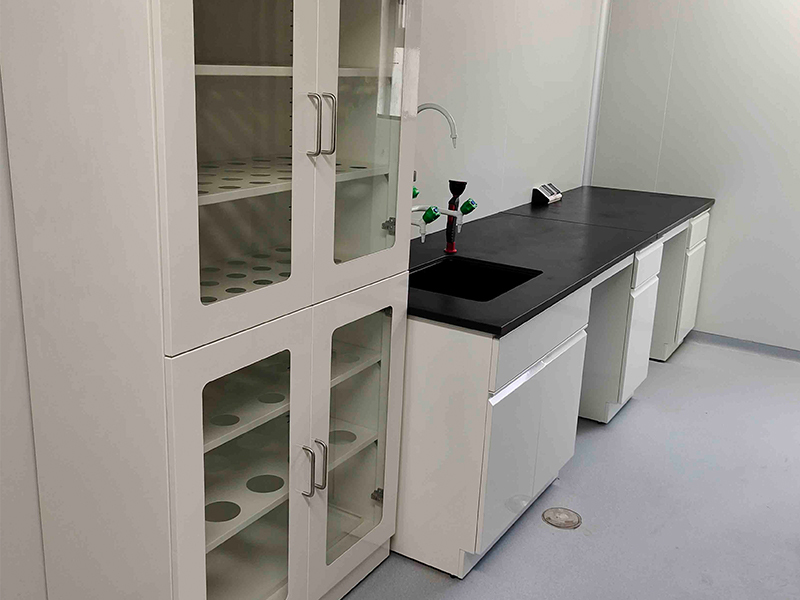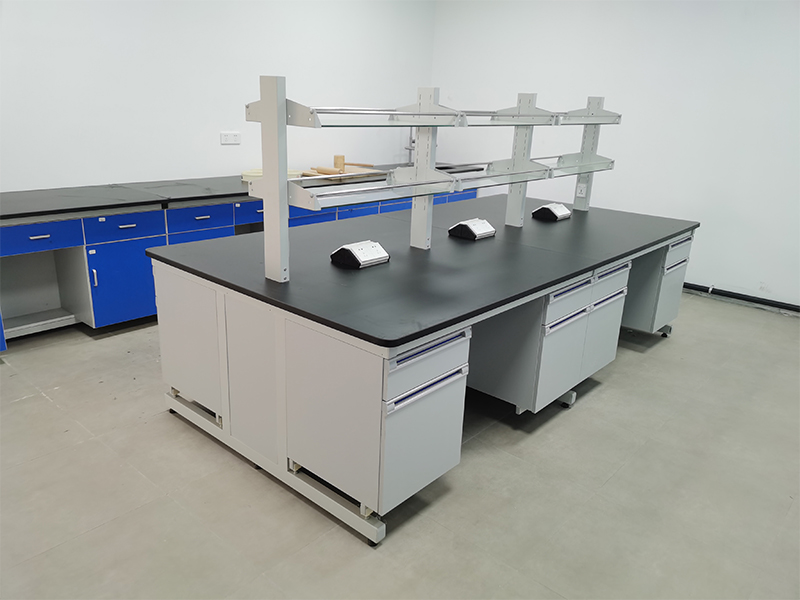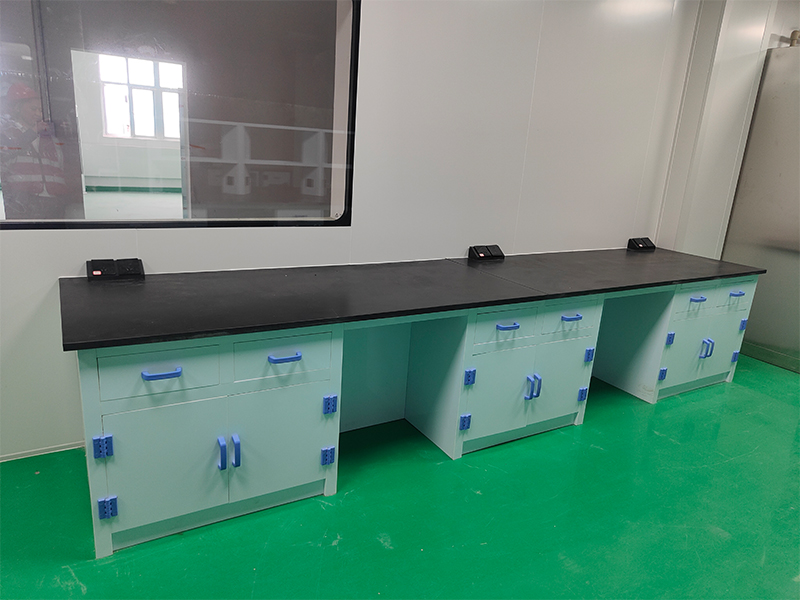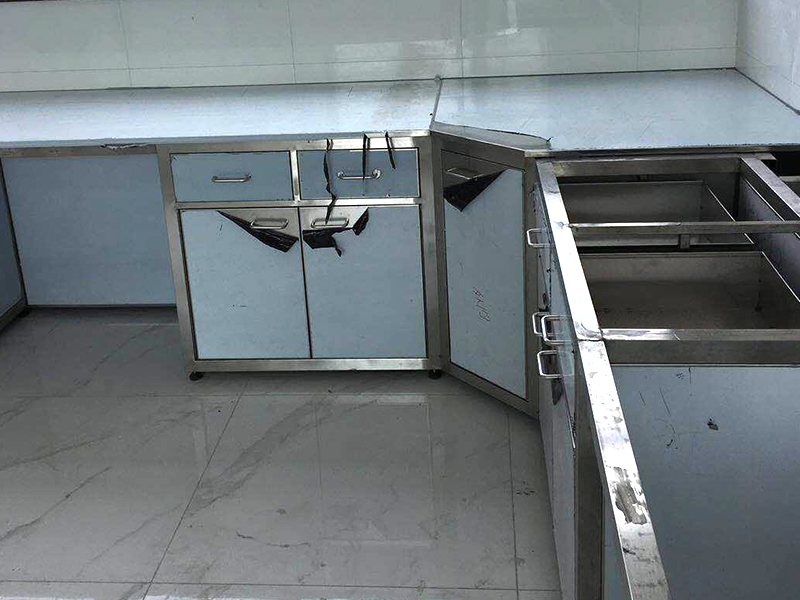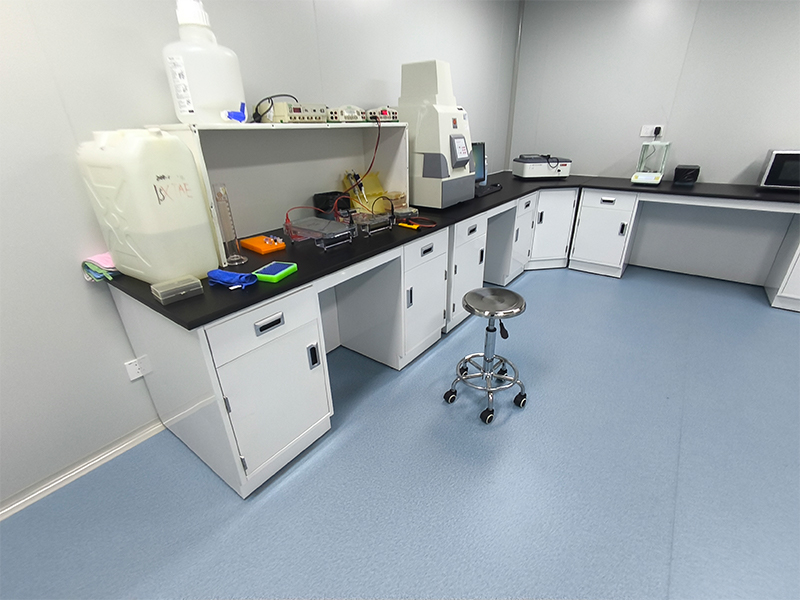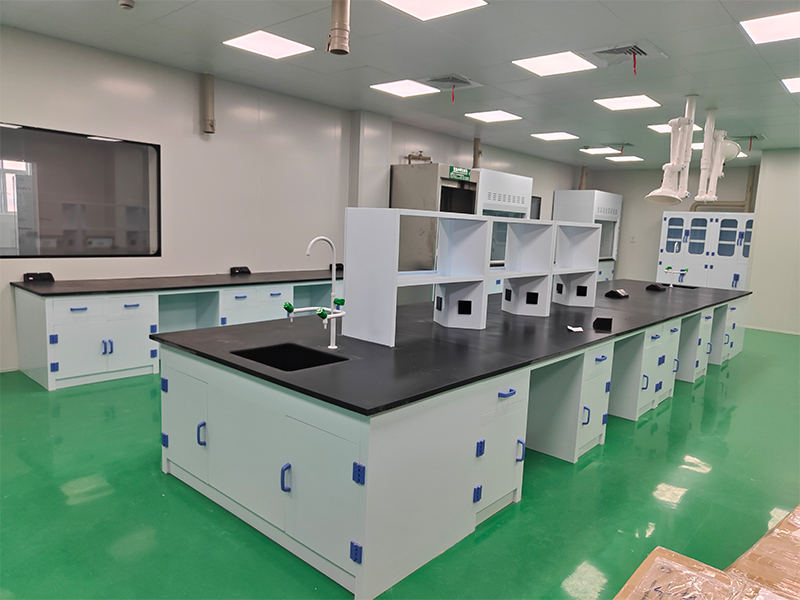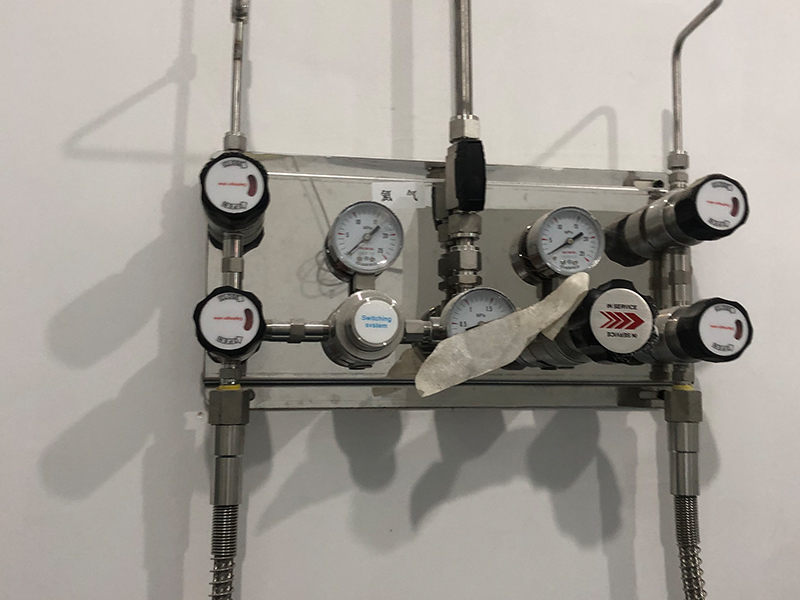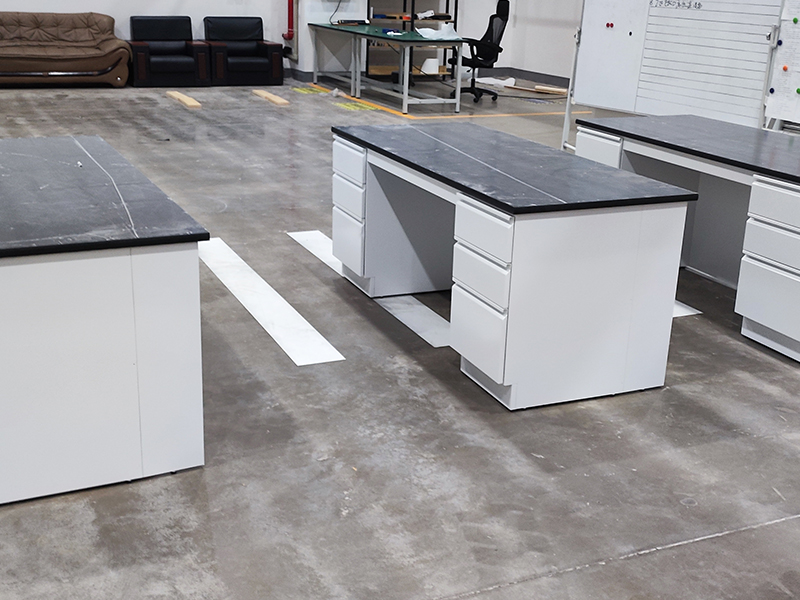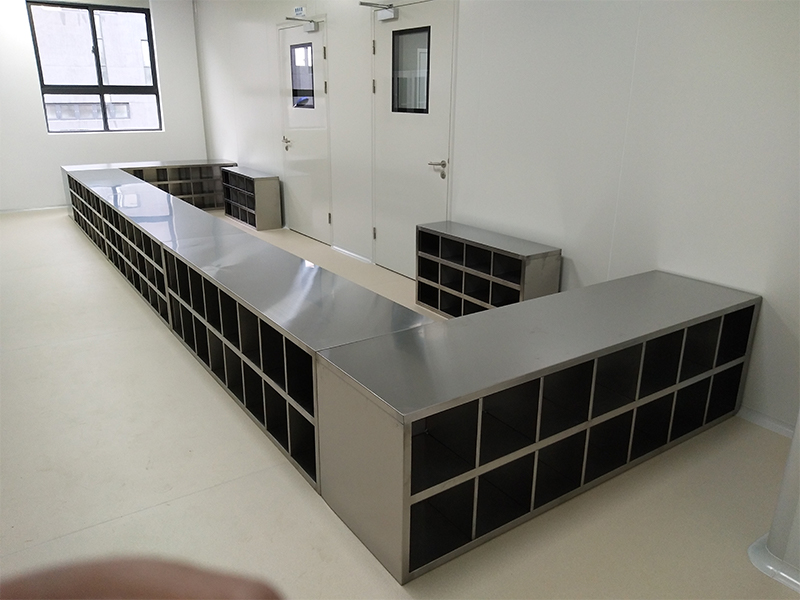So, you’re in the market for a lab glassware cabinet, huh? Don’t just grab the nearest thing with a door and a couple of shelves—this isn’t a high school locker. Imagine the kind of chaos that happens in a real lab: someone’s always splashing something questionable, the air’s steamy one minute and arctic the next, and glassware is just one “oops” away from shattering into dust. You need a cabinet that can take a punch—and then some.
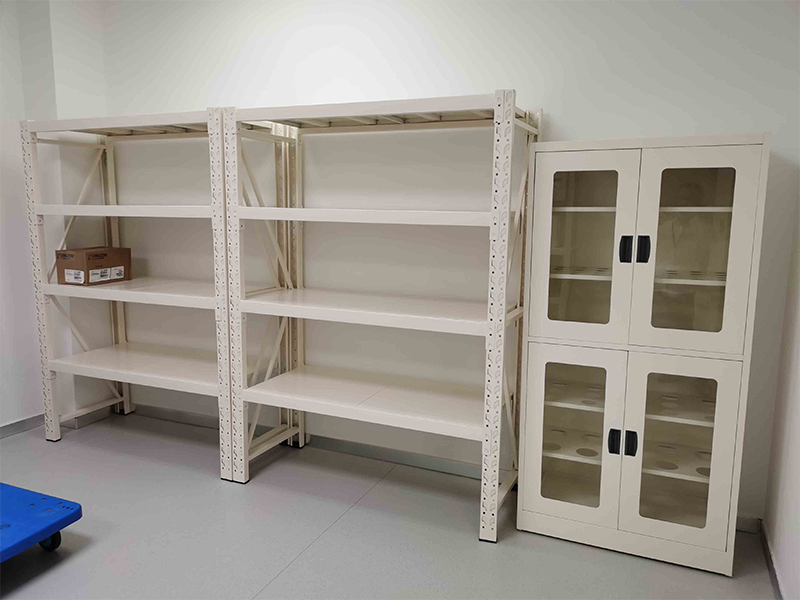
Let’s talk materials. Stainless steel? It’s like the knight in shining armor of cabinets. Seriously, it’s tough, doesn’t rust, barely flinches when you throw chemicals at it. Labs use this stuff because it simply does not quit. Powder-coated steel is the cool, practical cousin—cheaper, still strong, no diva attitude. Gets a little scratched? Give it a wipe and you’re golden. High-density polymer composites are where things get wild. They’re feather-light, tough, and kind of a lifesaver if you’re always moving your stuff around the lab like a game of science musical chairs.
But picking your cabinet’s skin isn’t just an eeny-meeny-miny-moe situation. Stop and sniff the air—does your lab feel like a rainforest? Got heavy glass vessels that look like they belong in a mad scientist’s lair? Or maybe your chemicals would make even a supervillain sweat. All these details matter. You want cabinets with proper sealing, top-notch ventilation, and don’t forget those anti-vibration pads (because the world’s wobbly and so are most countertops).
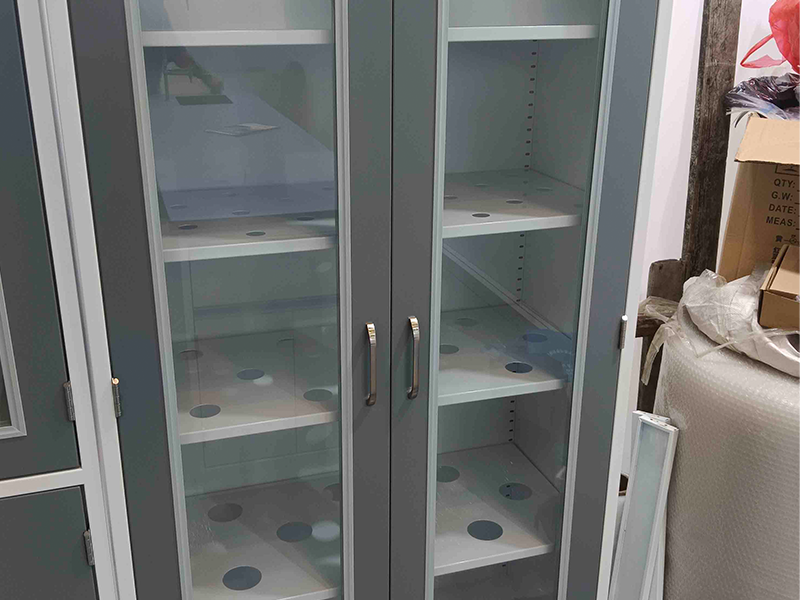
And keeping these fancy cabinets looking sharp (and working right)? A quick scrub here, a check there. You follow the cleaning rules and save yourself from discovering new species of mold, or worse—rusted shelves and mystery stains. It’s all about the long game.
Bottom line: Don’t pick something flimsy just because it’s there. Your glassware deserves better. Your sanity deserves better. Get yourself a cabinet that’s as unbreakable as your love of science.
